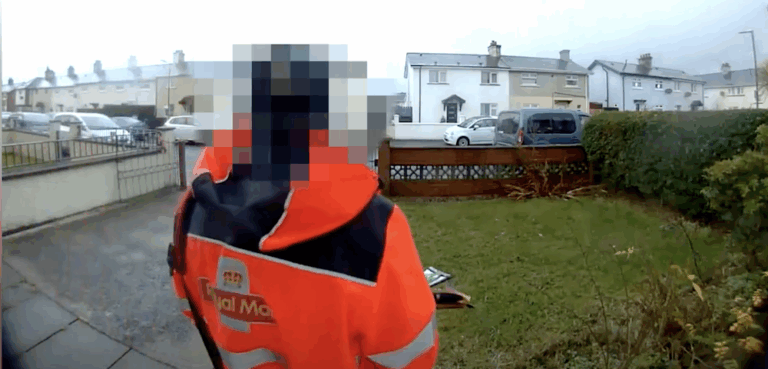
Four out of five gay Australians playing team sports have experienced homophobia
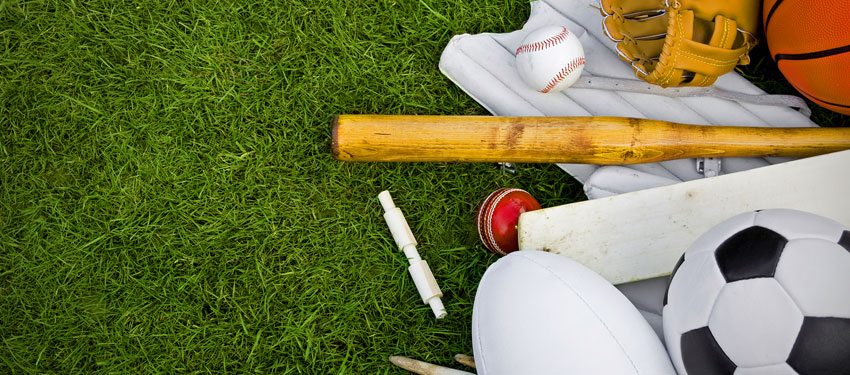
A REPORT released today has revealed homophobia is rife in Australia team sports with 80 per cent of gay people having witnessed or experienced slurs, threats or even physical assaults either on the field or in the stands.
The Out of the Fields survey also showed half of all gay people taking part in sport in Australia had directly been victims of homophobia, 85 per cent would fear for their safety as spectators if their sexuality was obvious, while only two per cent believed sport was completely accepting of gay people.
Homophobia was so widespread, 28 per cent of straight male players said they had been victims of abuse from people assuming they were gay.
The findings have been labelled “alarming” by Andrew Purchas, the former president of the 2014 Bingham Cup gay rugby union world tournament, one of the main supporters of the survey.
“We were all surprised by the extent and depth of the homophobia that the study found in Australian sports,” he said.
“The findings were much worse than we expected, particularly in youth sport.”
The study’s findings have promoted calls for a zero tolerance approach to homophobia, anti-discrimination training for coaches and officials and for gay sporting stars to come out of the closet.
However, a plan to rank Australia’s biggest sports on their progress on combating homophobia has been delayed.
The largest survey of it’s kind, 10,000 people of all sexualities from Australia, New Zealand, the UK, Ireland, Canada and the US were asked about their experiences of homophobia in sport.
Openly-gay LA Galaxy soccer player Robbie Rogers said he hoped Out on the Fields would lead to fundamental changes in sporting culture.
“This change can start with every athlete or fan who decides not to use homophobic language even if it’s meant as humour,” he said.
Just under half of gay men and a third of lesbians weren’t out to their teammates, a figure that grew to 82 per cent and 74 per cent respectively for people under the age of 22.
Victoria University’s Grant O’Sullivan said homophobia could have a profound effect on young people.
“Early negative experiences in school sport and PE can led to lesbian, gay and bisexual people avoiding sport for the rest of their lives and missing out on the physical, mental and social benefits that can come from being active and part of a team.”
Homophobia was the norm in all the countries surveyed but Australia could take some solace from the fact it was behind only Canada as being the most accepting while the US was the least.
Purchas said Australia’s sporting codes were taking steps to stamp out homophobia.
“Our aim for the Bingham Cup was to create a world-class rugby tournament and systemic change in teams sports so everyone is welcome and I think we’re on a journey to doing that.”
Last March, Australia’s five biggest sporting codes signed up to the Bingham Cup led anti-homophobia and inclusion framework, hailed at the time as a world first.
However, a plan to publish a scorecard of their progress implementing the framework has been scrapped in favour of a new “Pride in Sport” benchmarking index and an advisory panel led by the Australia Sports Commission and Human Rights Commission.
There is no current date for the new index to report its findings.
Asked if this was an acknowledgement some codes had failed to live up to expectations, Purchas said an index was preferred as it would be an ongoing project rather than a one-off.
“Some codes have done better than others, but in order to do them all justice, on all the things they have delivered and want to deliver, we need to have a sustainable review process,” he said.
The Star Observer asked federal Sports Minister Sussan Ley about the findings.
She did not reply but a spokesperson for the Department of Health said: “We want to see gay, lesbian and bisexual players, coaches, administrators and fans welcomed in our sports and want them to participate fully and freely in those sports.”
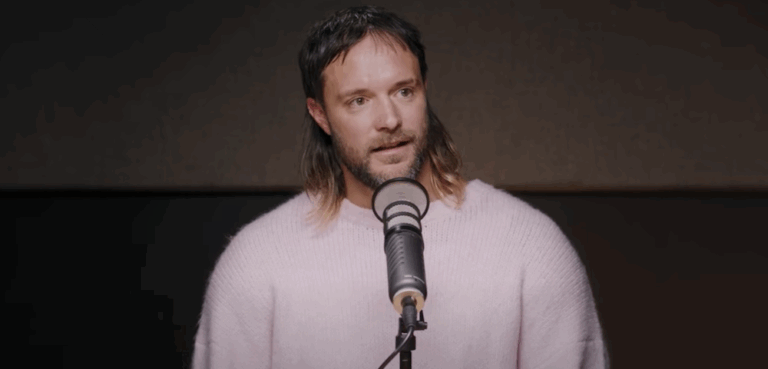

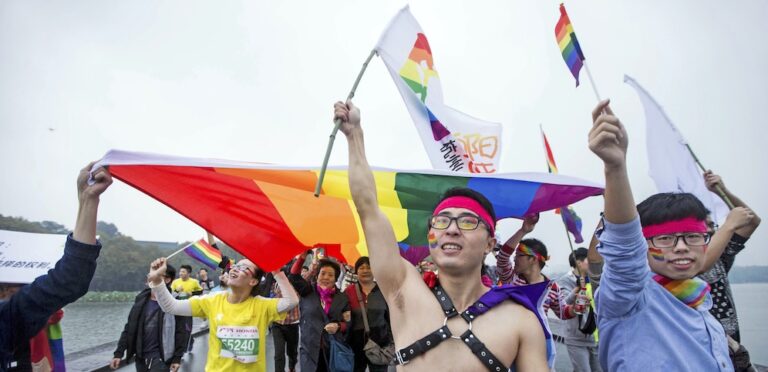
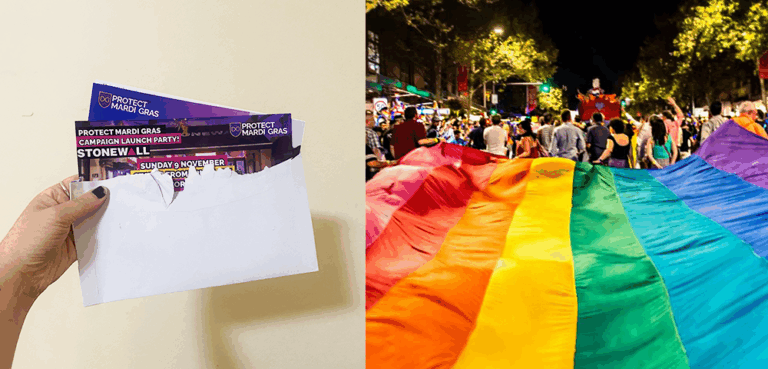
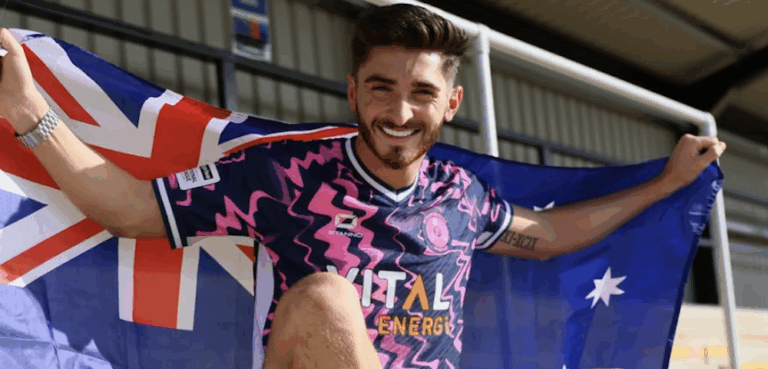
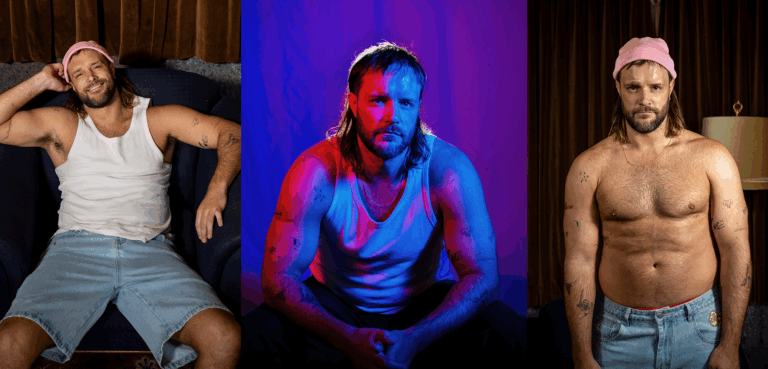
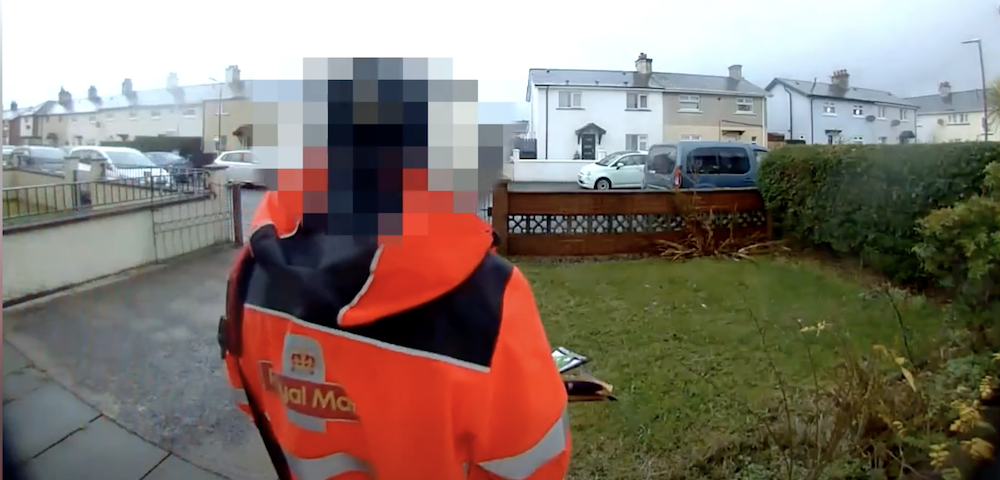
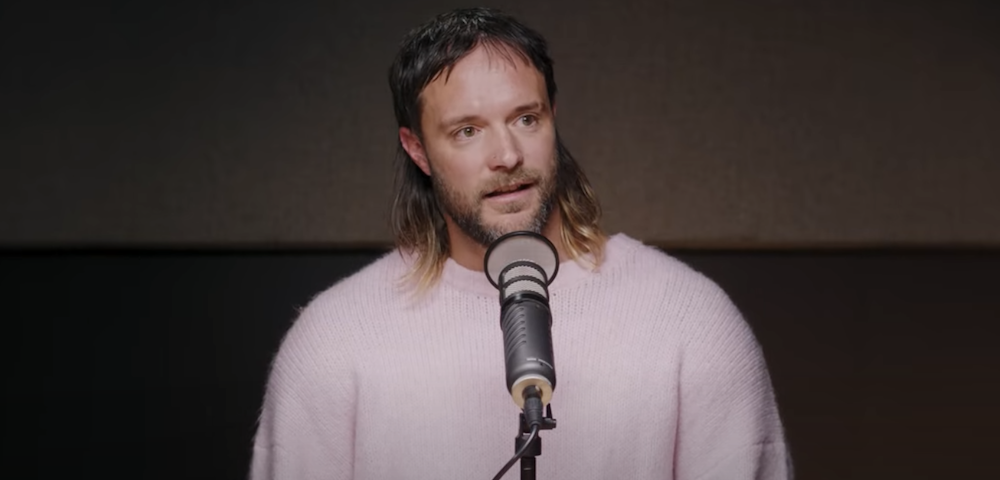

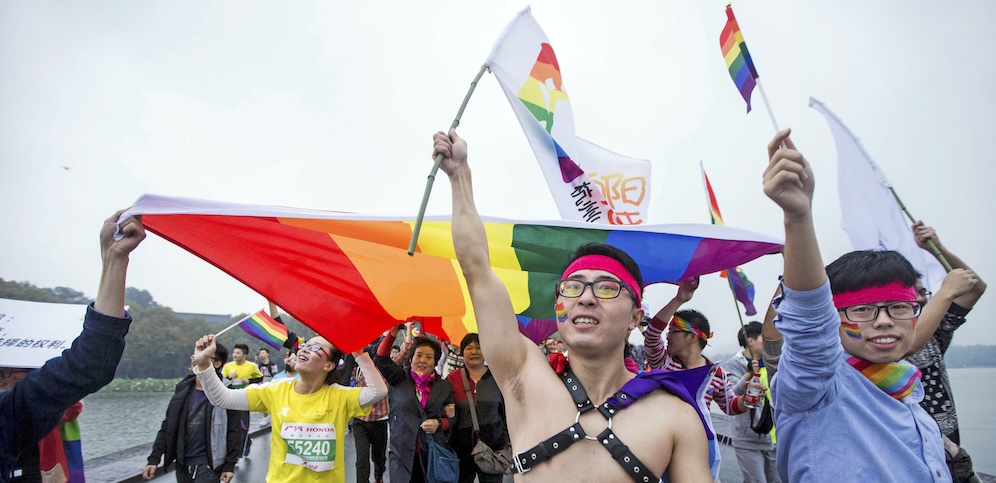

Australian society it seems, does not want and is not ready for LGBTI people in sporting and/or marriage institutions!
And what about the people who cop it in the “Workplace” where’s the study on that?
Day in,day out,there’s the whispers,the giggles,the laughs,usually behind your back…
These people know they can get warnings even fired under Code Of Ethics but the Company likes to turn a blind-eye,their not going to get rid of their good workers plus there’s the “I’ll get you back” attitude of these other workers,they work as a think-tank in their groups making your life a misery…
Sure you can leave,but where are you going to find a job so quickly these days? and why should you?
You say to yourself “I’ll just ignore it” but everyday?
And these scumbags have this thinking of if they have to work with you its to a tolerable level,no kind words,no Good Morning or How was your weekend? It’s a more like a mind frame of “Why are you still here?”
Surely a report should be done on this,it will be damming.
Sadly with some sports you’re always going to get the stereotypical boozed up bogan in the crowd thinking saying certain words is completely acceptable.
I must be lucky. I’ve played competitive tennis and squash for over 20 years and never had an issue
That’s why non-team sports such as bodybuilding and swimming are so popular among gays.
A bit low, 2%???